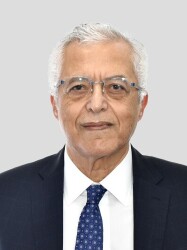BibTex format
@article{Huang:2019:10.3390/jcm8030385,
author = {Huang, KW and Jayant, K and Lee, P-H and Yang, P-C and Hsiao, C-Y and Habib, N and Sodergren, MH},
doi = {10.3390/jcm8030385},
journal = {Journal of Clinical Medicine},
title = {Positive immuno-modulation following radiofrequency assisted liver resection in hepatocellular carcinoma},
url = {http://dx.doi.org/10.3390/jcm8030385},
volume = {8},
year = {2019}
}

